New Zealand has carved a niche for itself on the global stage as a leader in diplomacy, marked by its unique approach to international relations and an unyielding commitment to the principles of peace and sustainability. In an era where geopolitical tensions seem to dominate headlines, New Zealand's diplomatic strategies offer a refreshing contrast. But what makes Kiwi diplomacy stand out? Let's explore the five key ways New Zealand is setting a benchmark in global diplomacy.
A Small Nation with Global Principles
In an era defined by geopolitical uncertainty and environmental urgency, New Zealand’s diplomatic voice has never been louder—or more respected.
With just over 5 million people, Aotearoa New Zealand has become a global model of principled diplomacy, combining firm values with strategic action.
Whether advocating for nuclear disarmament, leading climate reforms, or championing indigenous rights, New Zealand proves that moral leadership can shape global norms—even without economic or military superpower status.
Below are five key pillars of New Zealand’s modern diplomatic identity.
1. ☢️ Championing Nuclear Disarmament: A Legacy That Still Leads
A Bold Move That Reshaped Foreign Policy
New Zealand’s nuclear-free stance began in the 1980s with the New Zealand Nuclear Free Zone, Disarmament, and Arms Control Act (1987)—a bold legislative act that banned nuclear-armed or powered ships from entering NZ waters. This decision strained relations with traditional allies like the U.S., but it marked New Zealand as a principled outlier.
Since then, Aotearoa has doubled down on its anti-nuclear commitment, playing a leading role in negotiating and promoting the Treaty on the Prohibition of Nuclear Weapons (TPNW)—a groundbreaking global agreement adopted by the UN in 2017.
“New Zealand's legacy in disarmament isn’t just historical—it’s active, consistent, and moral,” says Daniel Chyi of Vidude.com. “Few countries wear their principles so openly.”
Ongoing Advocacy in Global Forums
According to the Ministry of Foreign Affairs and Trade (MFAT), New Zealand continues to:
Call for global disarmament at the United Nations
Reject modernisation of nuclear arsenals by superpowers
Support nuclear-free zones in the Pacific and other regions
Diplomatic Impact:
Earns global moral authority
Trusted voice in peace negotiations
Leader in reshaping norms around warfare and deterrence
2. 🌍 Leading Climate Change Initiatives: From Policy to Global Influence
Domestic Action with Global Ambition
In 2021, New Zealand took a major leap forward by adopting the Climate Change Commission’s zero-carbon roadmap, aiming to achieve net-zero emissions by 2050. This wasn’t just about domestic targets—it became a blueprint other nations have studied.
Former Prime Minister Jacinda Ardern famously declared climate change as “the nuclear-free moment of our generation”, elevating environmental diplomacy to the core of New Zealand's international identity.
Key Global Contributions:
Founding member of the Agreement on Climate Change, Trade and Sustainability (ACCTS)
Climate-related trade clauses in FTAs with the UK and EU
Active voice in COP climate summits and Pacific regional talks
Why It Matters:
New Zealand’s climate diplomacy influences how trade, aid, and sustainability interact globally. Its stance encourages developed nations to move faster and gives developing nations a partner in adaptation and just transitions.
3. 🧬 Promoting Indigenous Rights: Te Ao Māori Meets the World
Diplomacy Rooted in Tikanga Māori
New Zealand is one of the few countries to embed indigenous values into its foreign and domestic policy. The government’s active commitment to the Treaty of Waitangi, and the integration of Māori perspectives in law, education, and international partnerships, has become a global case study.
Te Ao Māori—the Māori worldview—emphasizes kaitiakitanga (guardianship), manaakitanga (respect), and whakapapa (connection to ancestors and land). These principles increasingly influence NZ’s environmental diplomacy and foreign engagement.
Global Recognition:
The UN Permanent Forum on Indigenous Issues has praised New Zealand’s model
Māori representatives regularly participate in UN conferences and bilateral delegations
NZ promotes indigenous economic partnerships across the Pacific and the Americas
“The world isn’t just listening to our diplomats—it’s listening to our iwi, our rangatira, our language,” says Chyi.
📊 Case Study: Māori Economic Diplomacy
According to Stats NZ, the Māori economy was worth $68.7 billion in 2018, with continued growth.
Through diplomacy, NZ now supports:
Indigenous trade missions
Cultural exports and storytelling (supported via platforms like Vidude.com)
Inclusion of indigenous perspectives in climate resilience planning
4. 🌐 Advocating for Multilateralism: The Power of Partnership
Diplomacy Through Collaboration
Unlike nations that favour bilateral power plays, New Zealand is a champion of multilateralism—believing that only collective cooperation can solve global crises.
Key Multilateral Platforms Where NZ Leads:
United Nations (especially in peacekeeping and disarmament)
World Trade Organization
Pacific Islands Forum
ASEAN and APEC partnerships
What Sets NZ Apart:
Non-imperial history gives it credibility
Consistency across governments fosters trust
“Bridge builder” between developing and developed states
Diplomatic Wins:
Mediating regional conflict (e.g. Bougainville, Timor-Leste)
Supporting Pacific regionalism without heavy-handedness
Leading talks on climate migration, cyber policy, and ocean protection
5. 🤝 Humanitarian Aid and Crisis Response: Compassion in Action
Regional Responsiveness
New Zealand consistently shows up when disasters strike—especially in the Pacific Islands, where climate-related crises are increasingly common.
MFAT reports that a significant portion of NZ’s foreign aid budget goes toward humanitarian response and development assistance in:
Health (COVID-19 and beyond)
Disaster resilience and rebuilding
Education, governance, and food security
Global Health and Equity:
NZ supports COVAX and WHO initiatives
Contributes to gender-based violence prevention and refugee resettlement
Helps lead anti-human trafficking campaigns in the Asia-Pacific
Soft Power in Action:
Through aid, New Zealand reinforces its image as a reliable, principled, and generous neighbour—a form of diplomacy that builds lasting trust.
✅ Pros and Cons of New Zealand’s Diplomatic Strategy
| Strengths | Challenges |
|---|---|
| ✅ Globally respected for principled positions | ❗ Resource limitations due to small size |
| ✅ Influential soft power via culture & values | ❗ Navigating pressure from China, US, and allies |
| ✅ Environmental and indigenous leadership sets global standards | ❗ Risk of being sidelined in hard-power forums |
🎯 Avoiding the Mistakes Others Already Made
Many nations:
Prioritize short-term economic gain over long-term global trust
Marginalize indigenous communities instead of learning from them
Use military diplomacy over multilateral peacebuilding
New Zealand’s Counterplay:
Lead with ethics, not ego
Integrate indigenous and environmental values into foreign policy
Use storytelling and video (e.g. on Vidude.com) to build diplomatic visibility
🔮 What’s Next for New Zealand in Global Diplomacy?
Looking forward, NZ is expected to:
Lead climate migration diplomacy in the Pacific
Co-create AI governance frameworks with a values-first approach
Scale indigenous-led foreign engagement globally
Strengthen its digital diplomatic presence through transparency and storytelling
📽️ Tell NZ’s Diplomatic Story with Vidude
On Vidude.com, New Zealanders can:
Share indigenous diplomacy stories with global audiences
Build transparency through documentary-style foreign policy videos
Show peacekeeping and aid work in action
“If your values can’t be seen, they can’t inspire. Video diplomacy is the future—and New Zealand’s story deserves to lead it,” says Daniel Chyi.
Common Myths & Mistakes
Myth: "New Zealand is too small to make a difference in global diplomacy."
Reality: Despite its size, New Zealand's leadership in areas like nuclear disarmament and climate change has had a significant global impact.
Myth: "New Zealand's diplomatic efforts are limited to the Pacific region."
Reality: New Zealand actively participates in global forums and has a robust international presence beyond the Pacific.
Conclusion
New Zealand's approach to diplomacy, marked by its commitment to peace, sustainability, and multilateralism, offers invaluable lessons to the world. As global challenges continue to evolve, New Zealand's diplomatic strategies provide a framework for fostering cooperation and addressing critical issues. What do you think of New Zealand's diplomatic efforts? Share your thoughts below!
For further insights, subscribe to our newsletter and stay updated on the latest trends in global diplomacy.
Related Search Queries
- New Zealand foreign policy
- New Zealand nuclear-free zone
- Indigenous rights in New Zealand
- New Zealand climate change policy
- New Zealand humanitarian aid







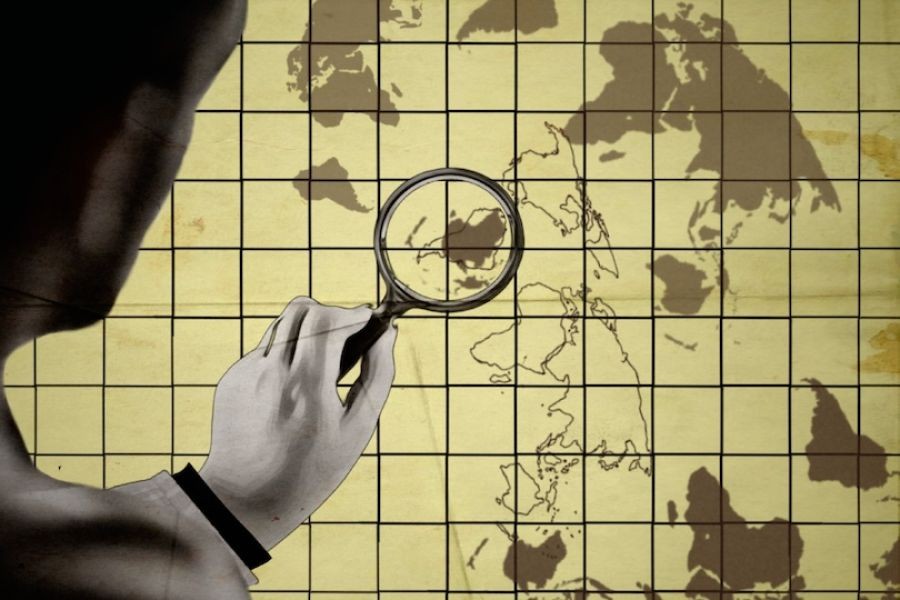









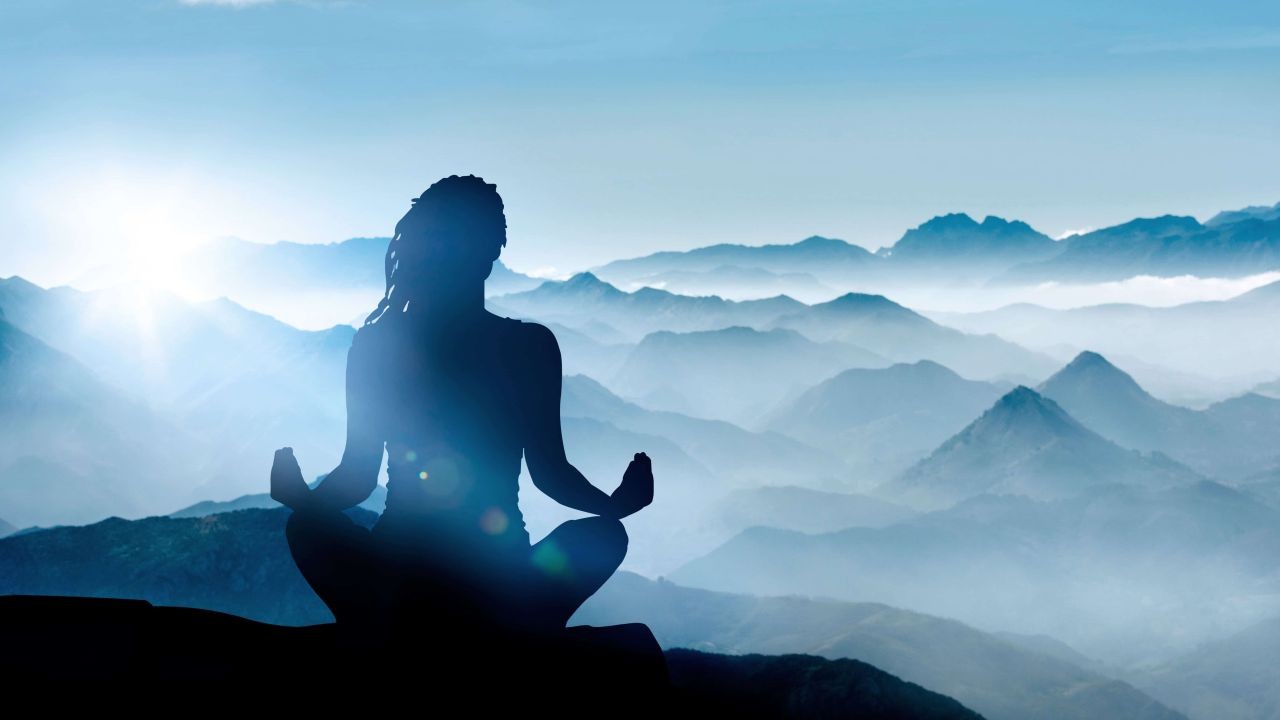

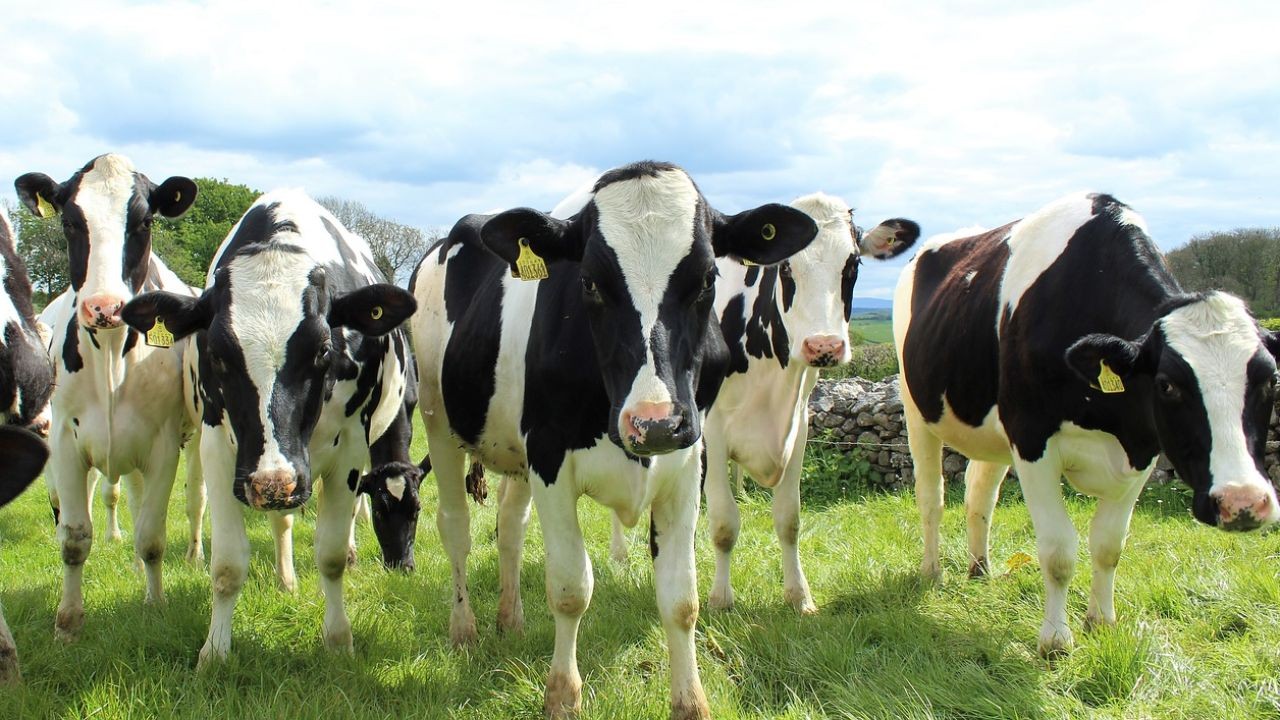

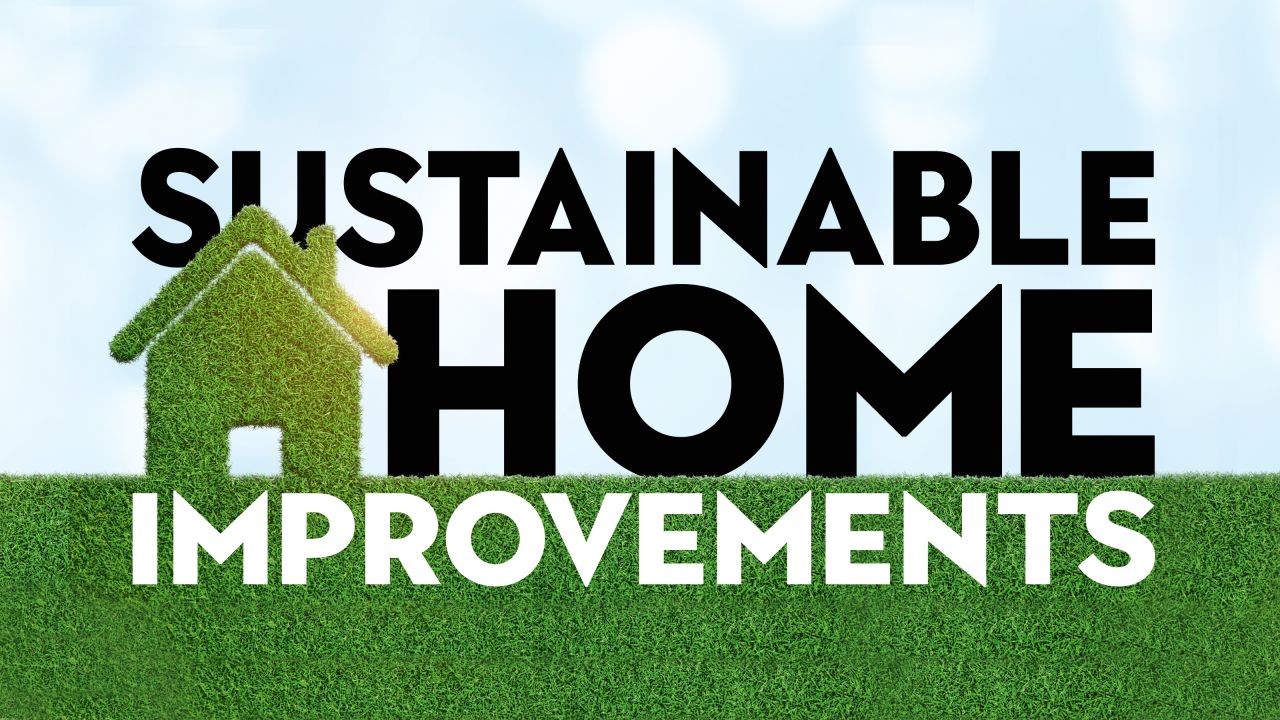
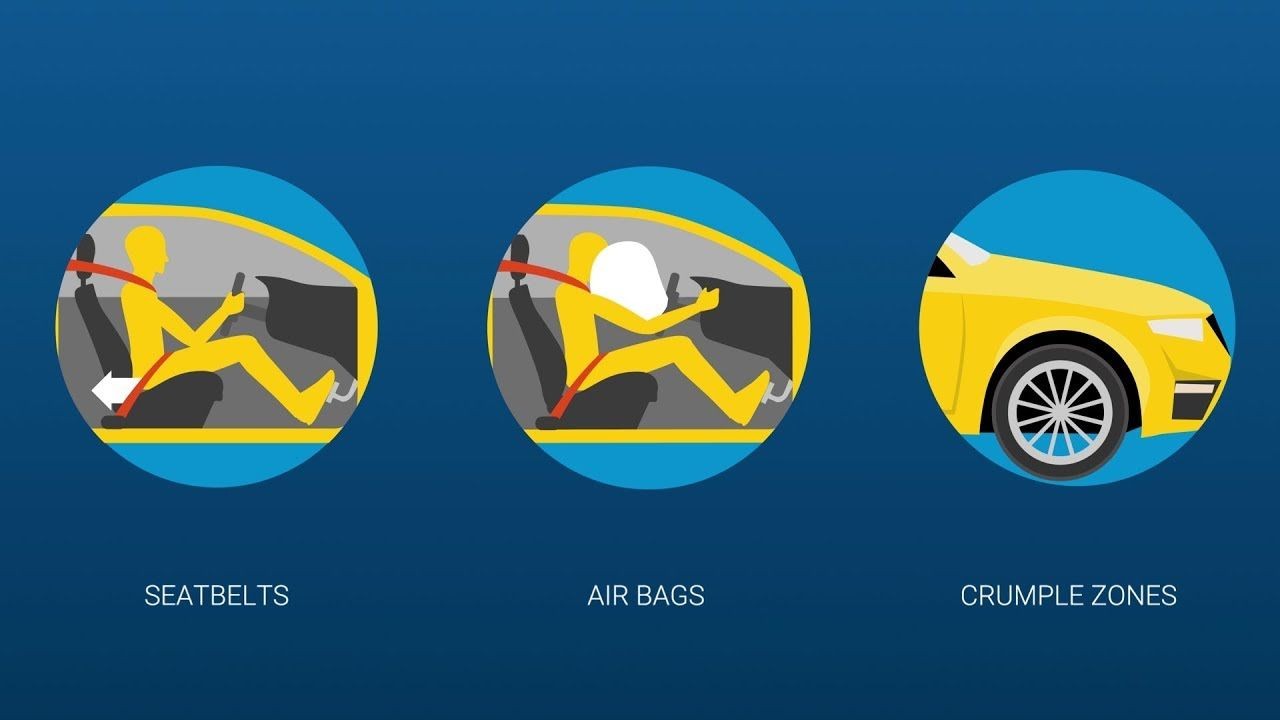



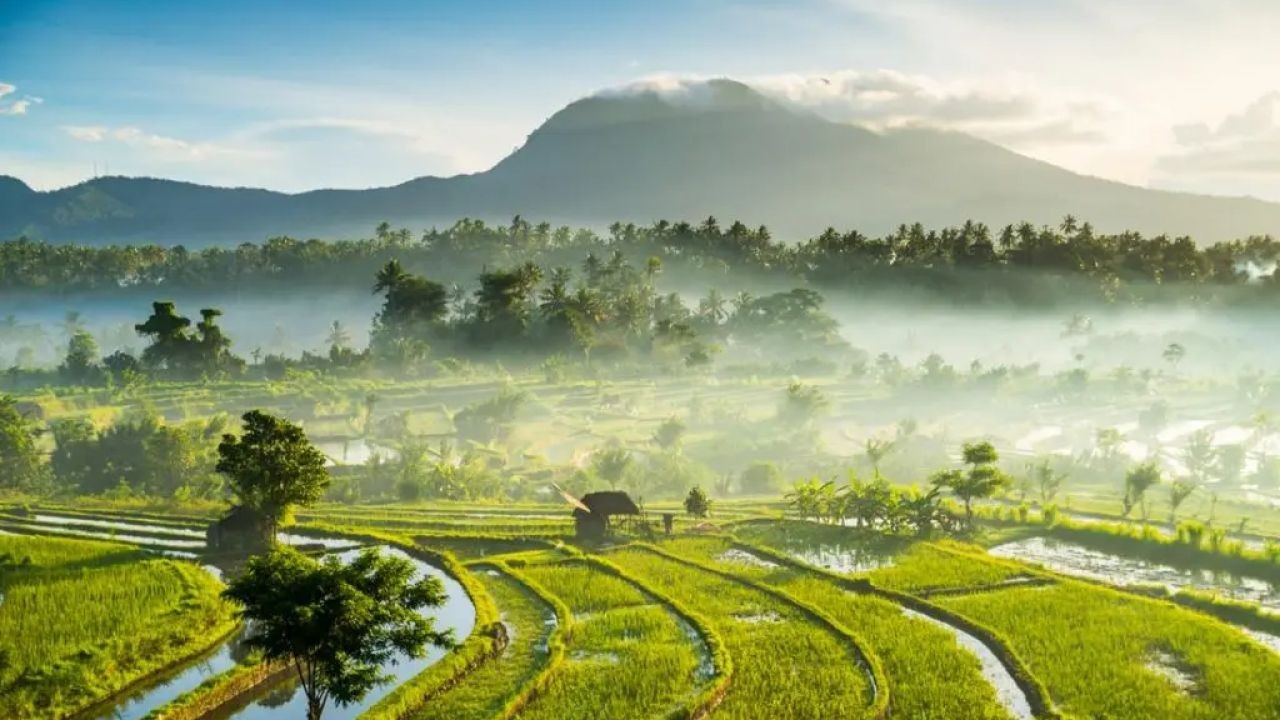














MoisesP106
3 hours ago